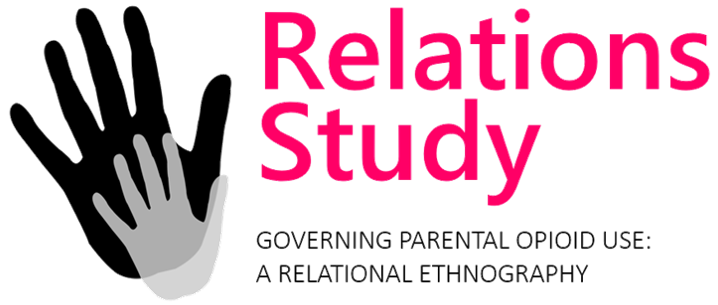Abstract title: The social and health harms of everyday stigma and discrimination experienced by parents who use drugs.
Background:
Parents who use drugs are an intensely governed, highly stigmatised, and marginalised population. Using drugs tends to be considered inherently incompatible with ‘good’ parenting and the children of parents who use drugs are often assumed to be at risk by child welfare practitioners.
This presentation takes a social harms approach to explore experiences of stigma. Many parents who use drugs have complex needs, experience multiple forms of disadvantage, and have limited social capital. Stigma can be a barrier to engaging with services leading to poorer outcomes.
Aims:
This presentation will demonstrate the impact of stigmatising practices and policies on parents and families and identify ways that stigma can be overcome. The Relations Study provides insight into the myriad of experiences of everyday stigma faced by parents who use drugs while navigating substance use treatment and child protection services.
Methods:
The Relations Study focuses on the governance of parental opioid use in Scotland and England using ethnographic approaches across six sites in England and four sites in Scotland. A thematic analysis was undertaken of verbatim interview transcripts (from family members and professionals working in statutory and third-sector services) and field notes from observations of consultations in family homes; drug-treatment clinical appointments; multi-agency case conferences; and social work case discussions. This allowed us to identify stigmatising practices and their impact.
Findings:
Parents described navigating the difficult moral terrain of both parenthood and drug use. Many parents highlighted how services felt coercive and punitive, noting that they faced stigma from multiple services, including drug and alcohol services, child protection services, pharmacies, schools, GPs, and hospitals. Parents’ drug use was frequently blamed for, and parents were made to feel responsible for, a wide range of adversities experienced by their families.
Findings from the study show that stigma harmed parents’ emotional, social, and physical health. Parents described navigating intense surveillance and governance systems, accompanied by feelings of shame, humiliation, and low self-worth. They described the pressure of living under the constant– often well-founded- fear of losing custody of their children. The social impact of stigma included isolation, social withdrawal because of fears of judgement, feeling ‘othered’, and unable to trust people. Finally, stigma impacted parents’ health because access to services was inhibited, with parents unable to be ‘open and honest’, affecting the quality of support. Harms extended to their children too.
In contrast, our data provides contrasting examples where parents felt they were treated with dignity and respect, including support from professionals with expertise in substance use who were non-judgmental and used a strengths and assets-based approach. We use them to explore ways in which stigma can be overcome.
Conclusions: Parents who use drugs face extensive stigma, and this has wide-ranging impacts on their health and wellbeing, and that of their children. Our findings suggest that whilst alternative approaches can be incorporated into professional practice and service delivery, more fundamental systemic change is needed to appropriately support families affected by parental drug use.
